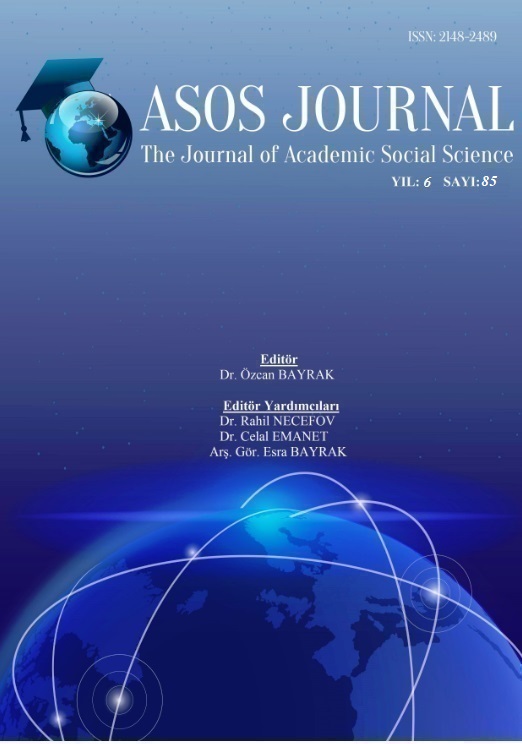Author :
Abstract
İran Anayasası'na göre cumhurbaşkanının da üzerinde bir konuma sahip olan Rehber, yasama, yürütme, yargı erkleri başta olmak üzere, tüm devlet kurumlarının başıdır. Rehber'i ise halkın oylarıyla seçilen, üst düzey din adamlarının oluşturduğu Uzmanlar Meclisi seçer ve Rehber, ömür boyu görev yapar. Yasama organı, İslami Şura Meclisi ve Koruyucu Konsey'den oluşmaktadır. İslami Şura Meclisi, yasaları hazırlamak ve kabul etmekle görevliyken, Koruyucu Konsey, Meclis'in kabul ettiği yasaların Anayasa'ya ve İslam'a uygunluğunu denetler. Yürütme erki ise Rehber'in yanı sıra Cumhurbaşkanı ve Bakanlar Kurulu'ndan oluşur. Yargı erkinin başı, Rehber tarafından atanır ve hukuk sistemin sağlıklı işlemesinden sorumlu olarak alt düzeydeki mahkeme başkanlarının atamasını yapar. Ayrıca; yasama organları arasındaki uyuşmazlıkları çözmek için kurulan Düzenin Yararını Teşhis Konseyi ile ülkenin güvenlik stratejisini belirleyen Ulusal Güvenlik Konseyi adlı danışma organları da bulunmaktadır. Taşra teşkilatı ise il, ilçe, bucak şeklinde yapılanmıştır. Yerel yönetimler, yerel konseyler ve belediyelerden oluşur. Tüm bu yapıların yanı sıra merkezi planlama ve denetim birimleri de vardır.
Keywords
Abstract
According to the Constitution of the Islamic Republic of Iran, the Supreme Leader who has a position even above the president is the chief of all state institutions, and legislative, executive and judicial powers in particular. Supreme Leader is elected by the Assembly of Experts composed of highest ranking clerics elected by the people and serves for a life time. The legislative branch consists of the Islamic Consultative Assembly and the Council of Guardians. Islamic Consultative Assembly is responsible for drafting and enacting laws while the Council of Guardians reviews all legislation passed by the Assembly to determine its compliance with the Constitution and Islamic law. Executive power consists of the President and the Council of Ministers as well as the Supreme Leader. Head of the Judiciary is appointed by the Supreme Leader and assigns low ranking chief judges as the responsible authority for the healthy functioning of the judicial system. In addition, there are two advisory bodies called the Expediency Discernment Council established to arbitrate disagreements between legislative organs and the Supreme National Security Council that determines the national security strategy of the country. Local government is subdivided into provinces, counties and townships. Local governments consist of local councils and municipalities. In addition to all these bodies, there are central planning and supervisory units as well.





